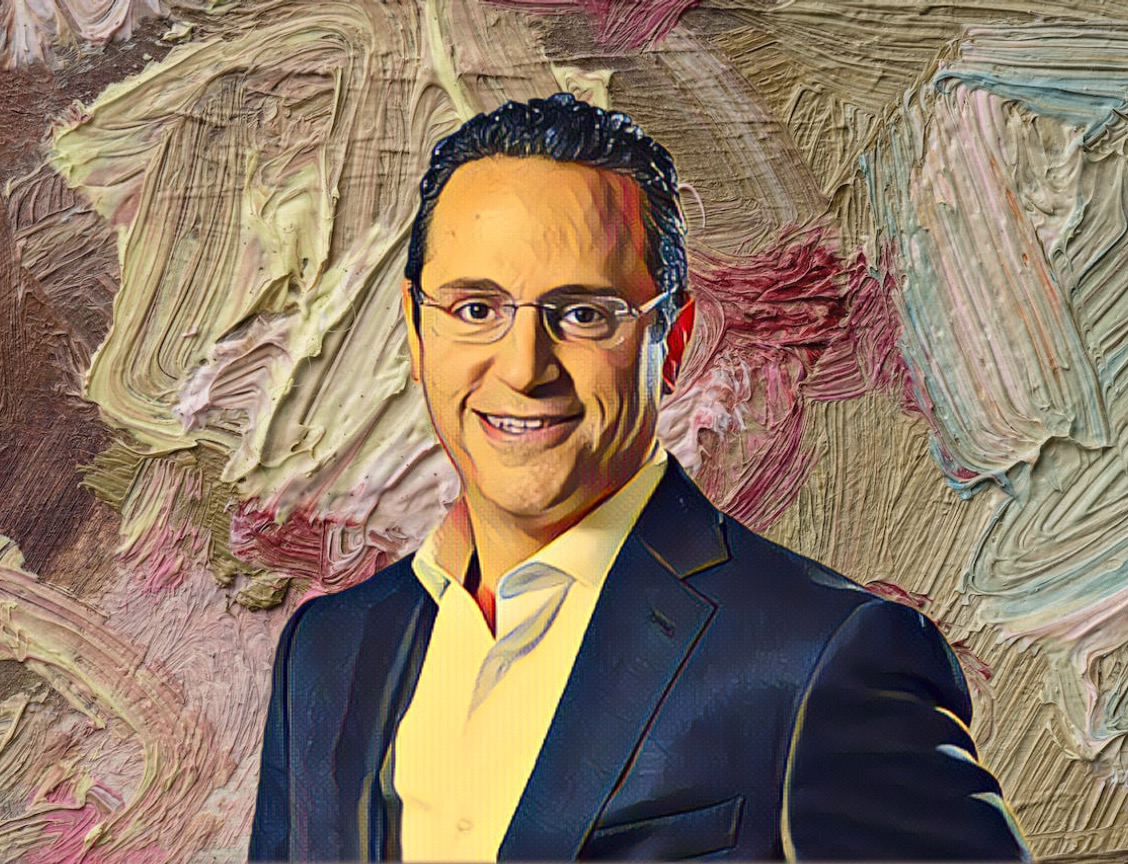Shell Plc CEO Wael Sawan stressed the need of policy stability in the energy sector during a recent visit to Washington, D.C., particularly in light of the United States’ impending presidential election, which has the potential to drastically change the country’s course. During Sawan’s two-day visit, the main topics of conversation were the changing global energy dynamics and Shell’s strategy changes in response to increasing investor demands.
During a presentation at the Center for Strategic and International Studies, Sawan emphasized the need for government policies to be predictable for companies like Shell that are navigating the challenging energy transition. “Stability and predictability are the most crucial things,” Sawan said, citing the differences in energy policy put out by President Joe Biden and the likely Republican nominee, Donald Trump, as sources of potential volatility.
President Biden’s administration has prioritized combating climate change, promoting federal incentives for low- and zero-emission energy solutions, and has temporarily stopped new authorizations for exporting liquefied natural gas (LNG). Conversely, Donald Trump has promised to roll back environmental regulations and expand U.S. oil development, replicating policies from his previous term. These diverging paths emphasize the significant impact the November election could have on the energy sector.
Sawan referred to Washington, D.C. as “the capital of the energy world,” emphasizing its crucial role in international energy decisions. He pointed out that decisions taken here will have an impact on energy corporations all around the world in terms of investment and operational strategy. Sawan stated Shell’s intention to strategically coordinate their commercial activities by keeping an eye on the actions made in the United States following the election.
Sawan talked on the tax credits provided by the Inflation Reduction Act, which help fund cutting-edge energy projects like carbon capture systems and the manufacturing of hydrogen, in the middle of political unpredictability. He noted that although both parties favor renewable energy, investments in technologies such as natural gas-produced blue hydroen and renewable energy-powered green hydrogen heavily depend on the government sending out consistent and clear policy signals.
The CEO of Shell also discussed the wider effects of shifting policies on investments in the energy sector. If policy-induced incentives were changed, he questioned whether it would still be competitive to invest in certain energy technologies in the United States. Will we be able to survive if some of the incentives are removed? Sawan enquired, highlighting the necessity of an environment for business that goes beyond the current political situation.
In order to address the volatility brought on by shifting governmental policies and geopolitical issues, Sawan argued in favor of LNG. In addressing the growing industrial energy demand in Asia, where it has the ability to replace coal and drastically reduce emissions, he characterized LNG’s flexibility as a premium asset. According to Sawan, LNG might account for more than 20% of all gas sales in the next two decades, up from about 12% currently.
Furthermore, Sawan criticized the U.S. government’s recent pause on new gas export permits, arguing that it undermines confidence in U.S. LNG capabilities. He warned that if the U.S. does not seize the opportunity to supply LNG, other countries will fill the void, which could impact the broader energy security of U.S. allies.



